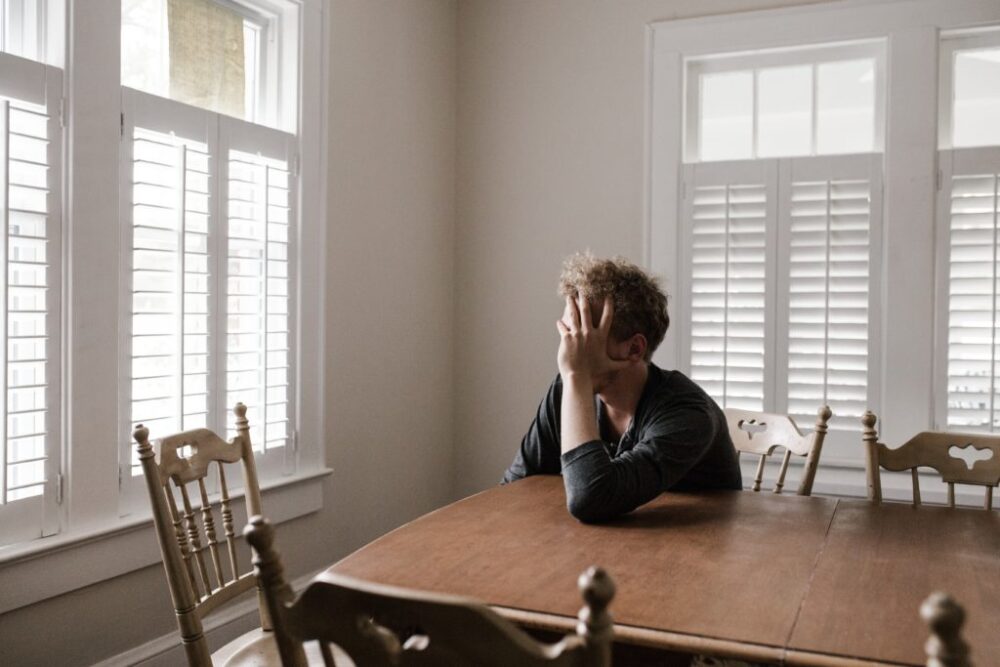A bankruptcy estate is created upon the filing of a bankruptcy petition in an individual or joint bankruptcy matter. The estate encompasses everything that you own (your legal, tangible and equitable interests) on the date of filing. This does not, however, mean that your property is going to be liquidated. In most cases, all of the debtor’s property is protected by claiming your federal or state exemptions in your property. It is important that you hire an experienced bankruptcy attorney to assist you in properly claiming those exemptions.
A bankruptcy estate is not the same thing as the estate of a deceased individual in the estate planning and administration sense of the word. A bankruptcy estate is like a snapshot of your assets, property, debts and overall financial situation at the time of the filing of the Chapter 7, Chapter 13 or Chapter 11 bankruptcy.
It’s important to know that the contents of your estate may vary from state to state. In Kentucky, federal laws are used to govern what property will be considered exempt, while Indiana uses state laws for its exemptions. An experienced bankruptcy lawyer can provide you with a detailed analysis of what may happen to your estate when you file for bankruptcy, including what property you will be able to keep and what property may be subject for liquidation.
For over 38 years, the attorneys at Schwartz Bankruptcy Law Center have handled a wide variety of bankruptcy issues, including those that arise when determining a bankruptcy estate and property exclusions and exemptions. When you obtain our services, we guide you through this part of the bankruptcy process, making sure you do things right the first time around.
Determining The Property Of A Bankruptcy Estate
State laws govern the determination of available assets, property rights and potential interests of the debtor. However, it is federal law that determines when property and assets are considered property of a bankruptcy estate.
It is important to determine what property belongs to the bankruptcy estate and what does not. Property of the estate is within the exclusive jurisdiction of the court and is protected by an automatic stay created by the bankruptcy filing.
Property Fully Excluded From A Bankruptcy Estate
There are very few situations in which property or assets are excluded from the estate. These exclusions can include:
- Property in which the debtor only holds the legal title and no equitable interest
- Spendthrift trusts and other trusts (in some instances)
- Most qualified retirement plans
Property Which May Be Partially Exempt From A Bankruptcy Estate
Some property may be partially exempt from the bankruptcy estate, up to a certain dollar amount, such as:
- Homesteads
- Vehicles
- Clothes
- Household goods and furnishings
- Personal injury claims
- Life insurance




